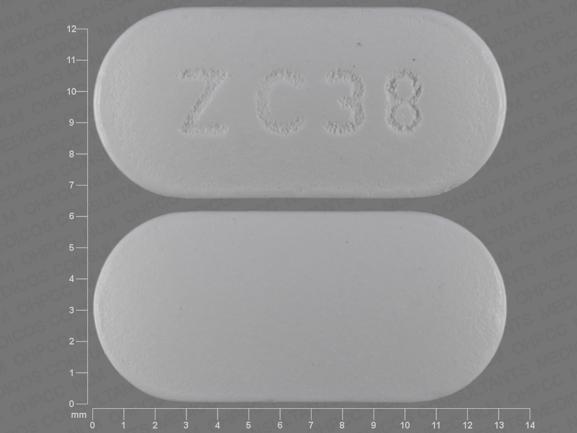Hydroxychloroquine and Alcohol/Food Interactions
There is 1 alcohol/food/lifestyle interaction with hydroxychloroquine.
Hydroxychloroquine Food/Lifestyle
Moderate Food Interaction
You may want to limit your consumption of grapefruit or grapefruit juice during treatment with hydroxychloroquine. Grapefruit juice can significantly increase the blood levels and effects of hydroxychloroquine, which may result in an irregular heart rate or other conduction disturbances. Hydroxychloroquine should also be taken with food or milk to reduce the incidence of stomach upset. Talk to your doctor if you have any questions or concerns. You should seek immediate medical attention if you develop sudden dizziness, lightheadedness, fainting, shortness of breath, or heart palpitations during treatment with hydroxychloroquine. It is important to tell your doctor about all other medications you use, including vitamins and herbs. Do not stop using any medications without first talking to your doctor.
Switch to professional interaction data
Hydroxychloroquine drug interactions
There are 597 drug interactions with hydroxychloroquine.
Hydroxychloroquine disease interactions
There are 13 disease interactions with hydroxychloroquine which include:
- oculotoxicity
- porphyria
- arrhythmias
- bone marrow suppression
- ototoxicity
- seizures
- glucose-6-PD deficiency
- hepatotoxicity
- myasthenia gravis
- psoriasis
- diabetes
- heart disease
- renal impairment
More about hydroxychloroquine
- hydroxychloroquine consumer information
- Check interactions
- Compare alternatives
- Pricing & coupons
- Reviews (356)
- Drug images
- Side effects
- Dosage information
- During pregnancy
- Support group
- Drug class: antimalarial quinolines
- Breastfeeding
- En español
Related treatment guides
Drug Interaction Classification
| Highly clinically significant. Avoid combinations; the risk of the interaction outweighs the benefit. | |
| Moderately clinically significant. Usually avoid combinations; use it only under special circumstances. | |
| Minimally clinically significant. Minimize risk; assess risk and consider an alternative drug, take steps to circumvent the interaction risk and/or institute a monitoring plan. | |
| No interaction information available. |
See also:
Further information
Always consult your healthcare provider to ensure the information displayed on this page applies to your personal circumstances.


